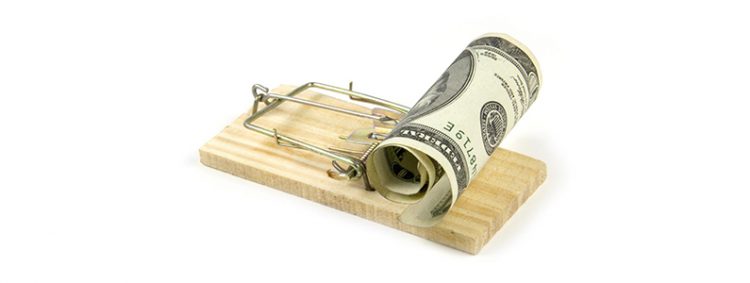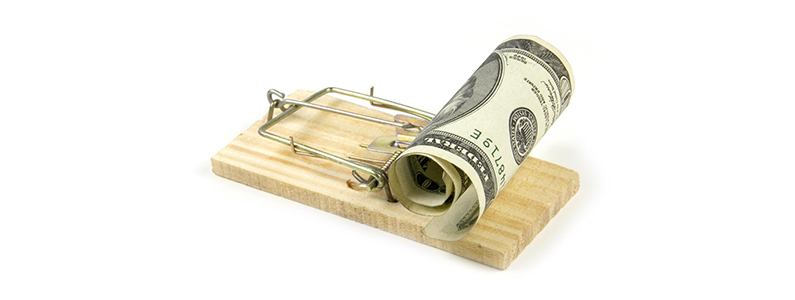

Dave Ramsey’s ‘Debt Snowball’ hits the target
Being in debt is rarely a good idea, and even if you have just a limited number of obligations, it’s wise to start paying them off before they snowball out of control.
The debt snowball
Dave Ramsey, one of the most straightforward financial gurus that you’ll find online, teaches that you should use the “debt snowball” to pay off your debts. This means listing all of your debts, apart from the mortgage on your house, in ascending order. Then you start paying off each debt, starting with the smallest and moving forward. The sense of accomplishment that you’ll feel as you pay off a small debt should motivate you to move forward and pay off the larger ones until you are hopefully debt free.
These small, but steady steps are like a pawn inching his way across the chessboard, waiting to be traded into a greater piece. There is nothing as strong as determination and plodding ahead, steadily, paying off debt, to propel you to a better financial position.
Prevention is better than cure
The best way to deal with debt is to stop it from happening in the first place.
But all too often people are sucked into debt by something that appears like a great deal. Being told to buy 2 and get the 3rd one free, is enticing, but how many shoes did you set out to buy? It is easy to fall into the false allure of special offers, and before you know it, you are saddled with a bunch of needless expenses.
On page 240 of Rich As A King, we compare these temptations to the concept of a decoy. A chess grandmaster can set up her opponent to believe that by capturing that pawn over there, he’s about to get a free piece. But in fact, that strategically placed piece leads him right into checkmate. If you have already read Rich As A King (if not,
buy !J), you will have found plenty of good advice on how to avoid the “decoys” of “special offers” and easy credit cards.
















